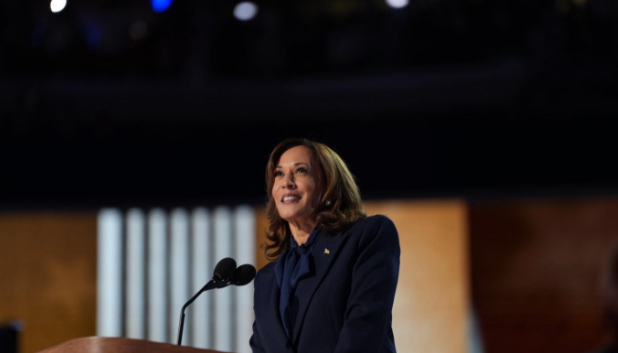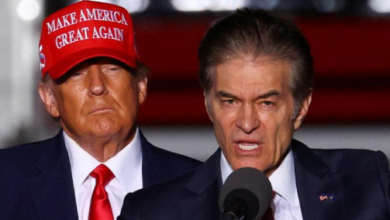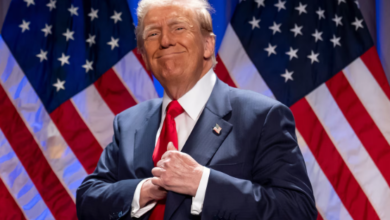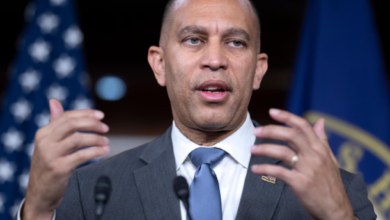
Vice President Kamala Harris has proposed a controversial plan to tax unrealized capital gains, a move that could significantly impact wealthy investors and the broader financial market. The proposal aims to target the ultra-rich by taxing the increased value of their investments before they are sold, a significant departure from the current system where taxes are only paid on gains when assets are liquidated.
Understanding Unrealized Gains
Unrealized gains refer to the increase in the value of an asset that has not yet been sold. For example, if an investor purchases a stock at $100 and it appreciates to $150, the $50 gain is considered unrealized until the stock is sold. Under the existing tax system, no taxes are owed on these gains until the asset is sold, at which point they become realized gains and are subject to capital gains tax.
Harris’s Proposal
Harris’s proposal suggests taxing these gains annually, regardless of whether the assets have been sold. The plan is part of a broader effort to reduce income inequality by ensuring that the wealthiest Americans pay their fair share of taxes. Proponents argue that this would prevent the ultra-rich from deferring taxes indefinitely and would generate substantial revenue for government programs.
Potential Impacts
For investors, particularly those in the highest income brackets, this could mean a significant increase in their annual tax bill. The proposal could discourage long-term investment strategies, as investors might be compelled to sell assets to pay taxes on gains they haven’t yet realized in cash. This could lead to increased market volatility, as selling pressure might rise around tax time each year.
Critics argue that this policy could be difficult to implement and might force investors to sell valuable assets during market downturns just to cover tax liabilities. Additionally, taxing unrealized gains could pose challenges in valuing certain types of assets, like real estate or privately-held businesses, which don’t have readily available market prices.
While the proposal is aimed at the wealthiest Americans, its broader implications for investment behavior and market stability remain a hot topic of debate.





